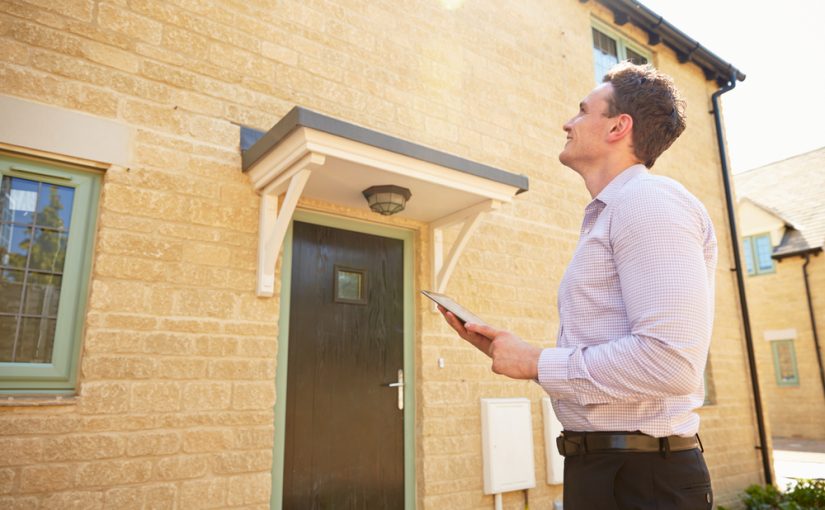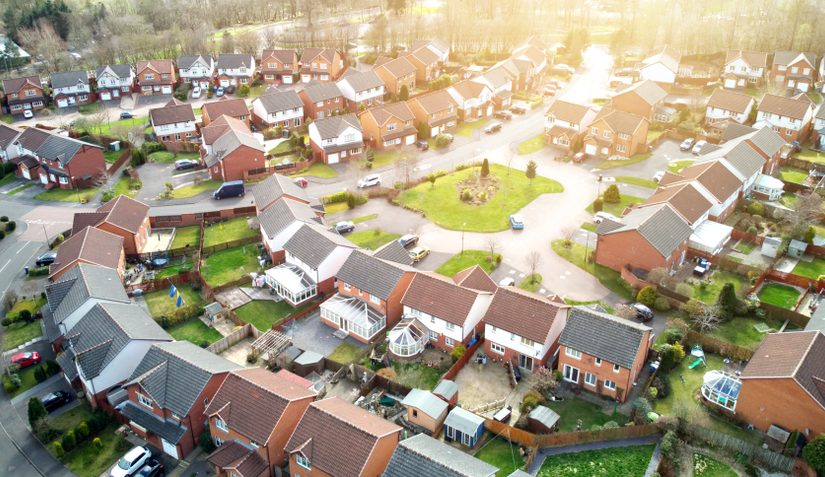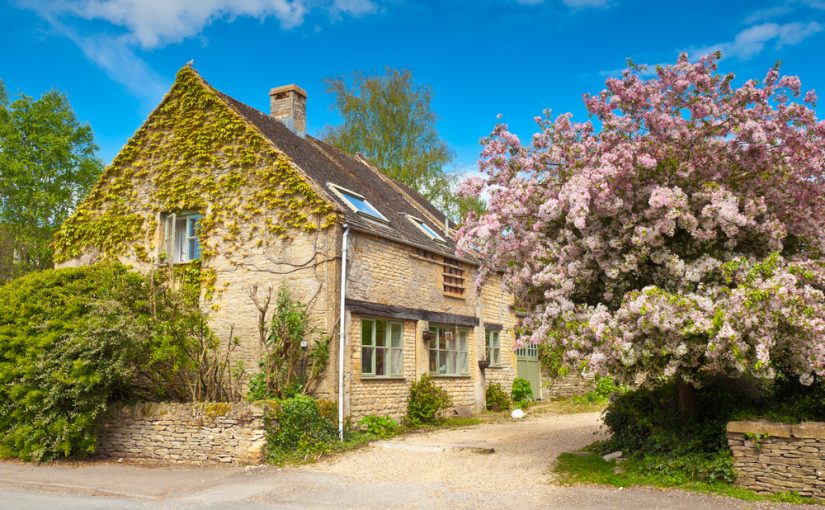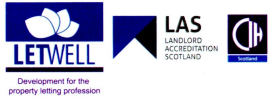As we’re now finally closing in on 29th March, our scheduled departure date from the European Union, there is anticipation as to what Brexit will look like. In terms of property development, however, a recent study has shown that the majority of property investors are unfazed by the political upheaval and remain steadfast in their faith in the British property market.
A recent global survey carried out by SevenCapital, a leading property developer, has found that 85% of individuals who are currently investing in property around the world are investing in the UK’s property market, in spite of the Brexit furore whipped up by news headlines.
Andy Foote, director at SevenCapital, said: “These figures demonstrate that people generally recognise that there are bigger factors to consider over Brexit when it comes to the overall trends in the UK property market. Realistically, it’s the fear and the perception of Brexit that will have any effect, rather than the physical act of leaving the EU.”
“Ultimately, if the market were to take a dip after Brexit, seasoned investors will know that this would more likely be a catalyst for the inevitable swing back. The property market is a prime example of well-known cyclical patterns, growing through recovery and emerging stronger than previous peaks. In other words, if it takes a dip, as it did 10 years ago, it will recover and come back stronger.”
The survey of “High Net Worth Individuals” (HNWIs) – defined as earning more than £100,000 per year – has shown that property remains as popular as ever for global investors, with 59% investing in property, second only to stocks and shares. Out of those who responded, more than 30% of those from within the United Kingdom confirmed they were investing in UK property and, furthermore, almost a quarter actually cited Brexit as one of their reasons to invest.
With cities such as Birmingham performing impressively well post-Brexit vote, with property prices growing 16%, the investment possibilities remain strong. Moreover, the rental yields being posted by the likes of Birmingham, Manchester and Liverpool are amongst some of the highest around the country at between 5 – 10%.
Overall, the sensational headlines which Brexit has provided have been utilised well by the media as a means to engage people. However, when we look at the statistics it is evident that there are further far-reaching events which weigh more heavily on the property market, such as interest rates. With property investment remaining encouragingly high across the United Kingdom, first-time buyer activity at unprecedented levels and the pound being predicted by Goldman Sachs to be the highest-performing G-10 exchange rate this year, the property market is set for a strong and stable year ahead.







